By Michael Wilmington and Film Noir Blonde
The Noir File is FNB’s weekly guide to classic film noir, neo-noir and pre-noir on cable TV. All the movies below are from the current schedule of Turner Classic Movies (TCM), which broadcasts them uncut and uninterrupted. The times are Eastern Standard and (Pacific Standard).
In one of the best film noir weeks ever, TCM offers five noir greats: “M,” “Diabolique,” “D. O. A.,” “The Big Heat” and “Repulsion.”
CO-PICKS OF THE WEEK
 “Repulsion” (1965, Roman Polanski). Wednesday, Oct. 31, 11 a.m. (8 a.m.)
“Repulsion” (1965, Roman Polanski). Wednesday, Oct. 31, 11 a.m. (8 a.m.)
In Roman Polanski’s shiveringly erotic horror-suspense film “Repulsion,” the 22-year-old Catherine Deneuve plays Carol: a blonde French beauty, with a disarmingly lost-looking, childlike face – a girl who begins to go frighteningly mad when her older sister Helen (Yvonne Furneaux) leaves her alone a week or so. Soon, the beautiful, naïve and sexually skittish young Carol, the object of mostly unwanted desire from nearly every man in the neighborhood, starts sinking into alienation and insanity. When the outside world begins to intrude, Carol, repulsed, strikes back savagely, with a soon-bloody knife.
“Repulsion,” Polanski’s first English language movie and the first of his many collaborations with the reclusive, brilliant French screenwriter Gerard Brach (“Cul-de-Sac”), is one of the great ’60s black-and-white film noirs. It’s also one of the more frightening films ever made. Ultimately, “Repulsion” scares the hell out of us, because Polanski makes Carol’s nightmare so indelibly real, and so inescapably our own.
“M” (1931, Fritz Lang) Sunday, Oct. 28, 2:45 a.m. (11:45 p.m.)
Fritz Lang’s great, hair-raising 1931 German crime thriller “M” is the masterpiece of his career, a landmark achievement of German cinema and a film that marks Lang as one of the most important cinematic fathers of film noir. “M” is a work of genius on every level.
Written by Lang’s then-wife Thea von Harbou (who also scripted “Metropolis”), and directed by Lang, “M” stars the amazing young Peter Lorre as the compulsive child-murderer Hans Beckert aka “M.” Beckert is a chubby little deviate who throws Berlin into turmoil with his string of slayings – a sweet-faced serial killer modeled on the real-life Dusseldorf Strangler. It is a role and a performance that plunges into the darkest nights of a lost soul.
Lang shows us both the murders and the social chaos triggered by the killer’s rampage. When M’s string of murders causes the police to clamp down on organized crime too, the outlaws strike back. Led by suave gentleman-thief Schranker (Gustaf Grundgens), they pursue the murderer relentlessly through the shadowy, mazelike world of Berlin at night. Just as relentlessly, the cops, with cynical detective Inspector Lohmann (Otto Wernicke) in charge, pursue him by day.
“M,” in its own way, is as much a creative movie milestone as Orson Welles’ “Citizen Kane.” It’s one of the main progenitors of film noir and remains an all-time classic of suspense. (In German, with English subtitles.)
Saturday, Oct. 27
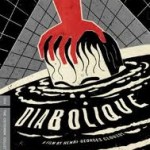 8 p.m. (5 p.m.) “Diabolique” (1955, Henri-Georges Clouzot).
8 p.m. (5 p.m.) “Diabolique” (1955, Henri-Georges Clouzot).
10 p.m. (7 p.m.) “Games” (1967, Curtis Harrington). An American semi-remake of Clouzot’s “Diabolique,” with Simone Signoret starring again here, as an enigmatic interloper who moves in on New York married couple James Caan and Katharine Ross, unleashing a string of increasingly deadly games.
Sunday, Oct. 28
6: 30 a.m. (3:30 a.m.) “D.O.A.” (1950, Rudolph Maté).
8 a.m. (5 a.m.): “Kind Hearts and Coronets” (1949, Robert Hamer). From Ealing Studio with love: One of the best of the high-style British dark comedies of manners and murder. Silken schemer Dennis Price is the vengeful climber trying to kill his way to the Dukedom of D’Ascoyne. Alec Guinness plays all eight of his aristocratic victims or victims-to-be. Valerie Hobson and Joan Greenwood are the fetching ladies whom the would-be Duke is torn between. The peerless cinematographer was Douglas Slocombe.
Tuesday, Oct. 30
9:15 p.m. (6:15 p.m.): “Freaks” (1932, Tod Browning). Tod (“Dracula”) Browning’s macabre classic features a troupe of real-life circus freaks, all of them unforgettable camera subjects, in the bizarre story of a heartless trapeze artist (Olga Baclanova) who seduces a lovelorn midget (Harry Earle), marries him, and has to face the consequences.
Wednesday, Oct. 31
6:30 p.m. (3:30 p.m.): “The Body Snatcher” (1945, Robert Wise). Boris Karloff, Bela Lugosi and Henry Daniell fight over corpses and medical experiments in this gripping adaptation of a Robert Louis Stevenson tale.
Thursday, Nov. 1
8 p.m. (5 p.m.): “The Big Heat” (1953, Fritz Lang).
9:45 p.m. (6:45 p.m.); “Bullitt” (1968, Peter Yates). One of the more stylish cop-movie thrillers. With Steve McQueen at his coolest, Jacqueline Bisset at her loveliest, Robert Vaughn at his slimiest – plus the car chase to end all car chases.
11:45 p.m. (8:45 p.m.): “The Racket” (1951, John Cromwell, plus Nicholas Ray, Mel Ferrer and Tay Garnett, the last three uncredited). A battle of two Bobs, both film noir giants: good cop Robert Mitchum vs. gangster Robert Ryan, with Lizabeth Scott watching. From Howard Hughes’ RKO studio-head tenure, “The Racket” is a remake of Lewis Milestone’s 1928 mobster movie, based on Bartlett Cormack’s play, and also produced by Hughes.
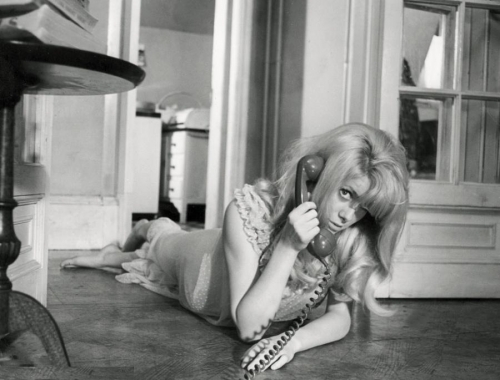
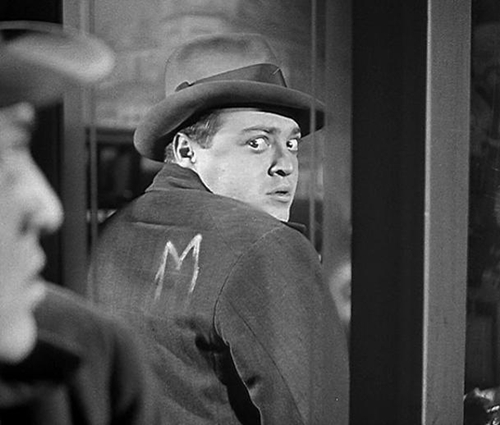
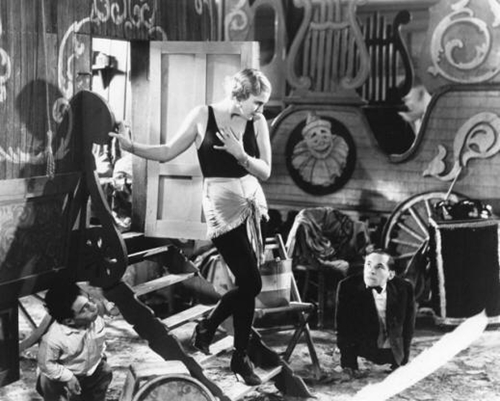





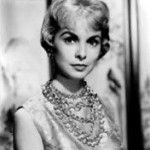
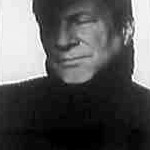

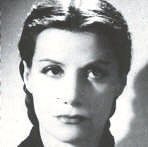
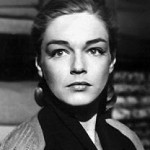
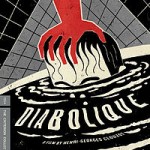





From FNB readers